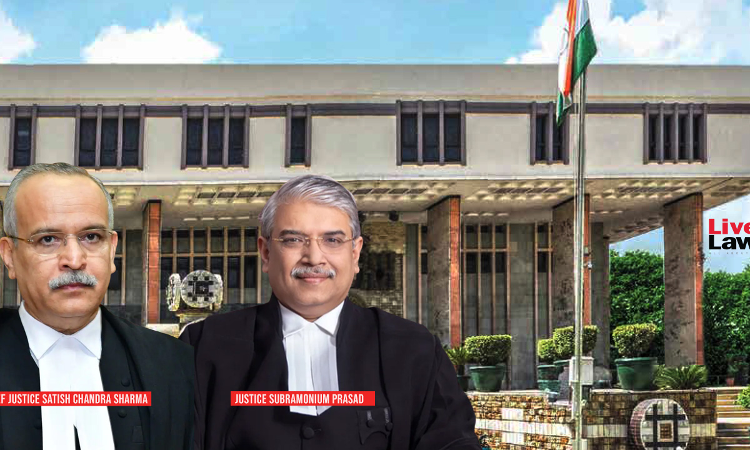The Delhi High Court has upheld the constitutional validity of Chapter II of the Securitisation and Reconstruction of Financial Assets and Enforcement of Security Interest Act, 2002 observing that it is not manifestly arbitrary and is not in violation of Article 14 of the Constitution of India.A division bench of Chief Justice Satish Chandra Sharma and Justice Subramoniuam Prasad passed...

